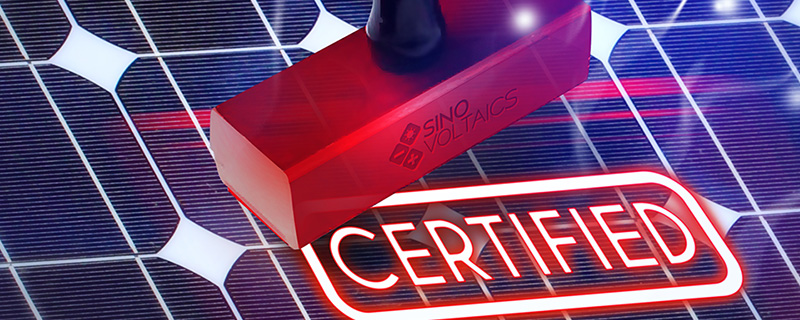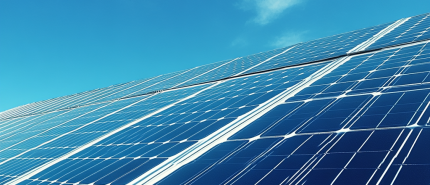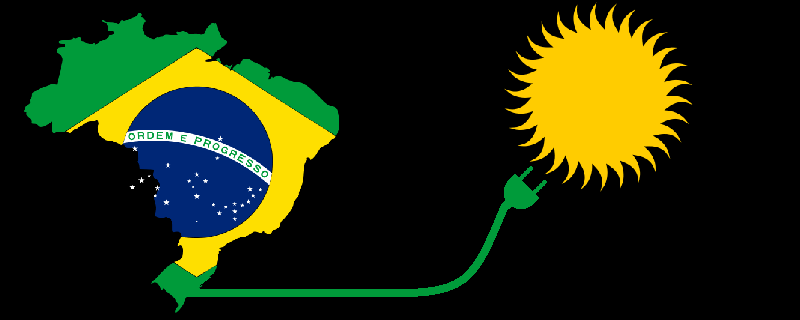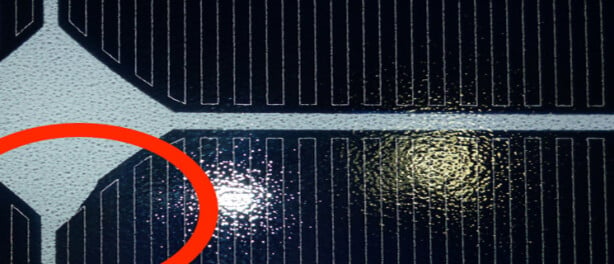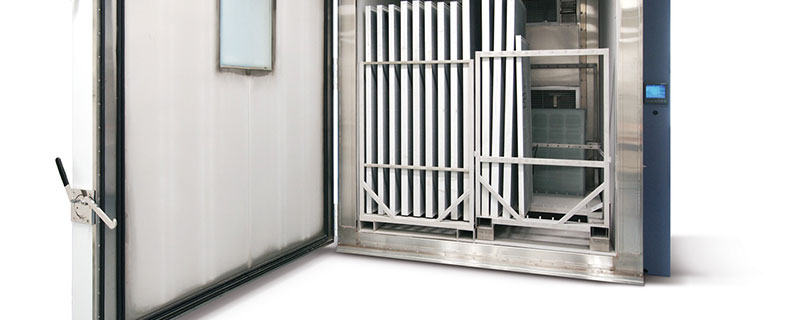Solar panel certifications are a complex and important subject where a lot of buyers run into trouble.
The basic idea of solar panel certifications is simple:
Solar panel certifications have been put into place to make sure that solar panels sold in certain countries or market regions meet strict safety and quality standards.
These standards are linked to dozens of lab tests that simulate extreme circumstances in the field and can give an indication of the possible lifetime of the module.
So that’s all very important to make sure your module is of high-quality and a real top performer… or not?
Commercializing certifications and the trend of diversification and regionalization
Mirroring the growth of the PV industry, the creation, testing for, and issuing of solar panel certifications is booming and has become a profitable industry of its own.
When observing the trend of increasing certification diversification and regionalization and related compliance requirements to benefit from government subsidies, it is obvious that this poses challenges for importers to follow up on the certification requirements.
Even though certifications certainly have strong signaling effects, yet the quality, stability, and output performance difference between two different PV modules A and B can be quite large and diverging from the conforming certification passing module.
Lacking regular inspections and verification by most certification bodies, the informative and signaling value of a solar panel certification in terms of the overall quality of a manufacturer’s modules is quite limited.
Manufacturers of solar PV panels can obtain these certifications by submitting their solar panels to certification bodies, that will – for a costly fee – process these modules through sequences of tests and will issue the certifications once passed.
Known certification bodies are TUV Sud, TUV Rheinland, Intertek, VDE and SGS.
Most common solar panel certifications
If you are already selling or installing solar panels, you are probably familiar with the most common certifications standards.
These are:
UL 1703 – Main solar panel certification for US and Canada. Mainly focused on safety
IEC 61215 – Silicon solar panel certification especially for non-US countries. Covers safety and aging.
IEC 61646 – Thin film solar panels
IEC 61730 – Safety qualifications
IEC 62108 – CPV, Concentrator PV panels
There are additional certifications for specific conditions:
IEC 61701 – Salt mist corrosion
IEC 62716 – Ammonia testing
Above is only a snippet overview about a few major standards according to which most modules are certified. There are many more international, regional and national standards as well as special certifications such as environmental/ recycling standard-compliance of a module to be aware of.
Depending on where your solar power system shall be shipped and installed, you should have a clear picture of the local standards and project requirements…
A comprehensive guide on solar PV panels certifications may therefore come in handy
Are all certified products of good quality?
One thing to keep in mind is that a PV manufacturer can own all the certifications in the world, unfortunately, this doesn’t mean all their solar modules are actually of good quality.
It’s actually merely a question of money…
In fact, when a manufacturer applies for a certification, it can submit optimal solar panel samples for lab testing that ‘have been altered/improved’ in order to pass stringent tests.
Once they’ve passed the lab tests and received the certification, they may decide to start manufacturing solar panels with lesser quality to save costs as most certification bodies have no regular quality check-up process in place, many times due to capacity problems.
A certification thus basically only means that the manufacturer succeeded at a certain point of time to submit a batch of modules that successfully passed the tests and that actually only this successful test batch passed and conforms to the tested standard.
The other solar modules of the same type in the manufacturer’s product line thus basically derive the certification from that module.
From our yearlong experience in PV quality control in Asia, it is common practice for many manufacturers to undertake great efforts to get the certification and then scale down such commitment to a more “profitable” level once mass production and sales are starting…
So is every solar module manufactured according to the strict certification safety and quality standards? Most likely it’s not, and this is where the quality issues may come up.
The reason why we explain this is that we recommend people not to fully rely on solar module warranties and certifications and understand the loopholes and dark sides behind the shiny world of cool-looking certification logos…
There are additional precautions that you can take to ensure quality.
Uncertified solar panels
You would be surprised still how many uncertified products are being sold, just because solar panel buyers are not aware of which certifications are needed in a specific country or market region.
Why is it a problem to purchase uncertified solar panels?
There are a couple of reasons:
- The manufacturer may not be capable at all to produce a single solar module that meets the quality and safety standards you need
- These solar panels, none of them ever having passed the strict standards related to aging, degradation, performance losses etc. may not be designed and manufactured properly and thus much more likely not be durable in the long run.
- You may not be able to legally sell or import these solar modules in your jurisdiction
- You may not be able to receive the FIT (Feed in Tariffs), subsidies, tax refunds, or other subsidies for these solar modules
New technology solar panels
Pay special attention with new technology solar products, as these products are usually going through a long certification process. Also: be aware of manufacturers that are ‘in the process’ of having their product certified with a certification body.
Why?
Acquiring solar panel certifications usually takes longer than expected and final certification deadlines are hard to estimate.
Sinovoltaics Quick Tip:
Make sure you understand the limited informative value of certifications in terms of your module’s overall quality. Know, what certifications are required to import, install and operate solar modules in your target country and understand the certification requirements to benefit from subsidies or refunds (if any).
After your contact person at the factory presents you with the power range of the solar modules available, always ask for a copy of the latest certificates to confirm if the range of power types is truly certified. In particular, pay attention with uncommon power sizes. Usually the manufacturer only certifies the most common models, for instance ≤250Wp.

